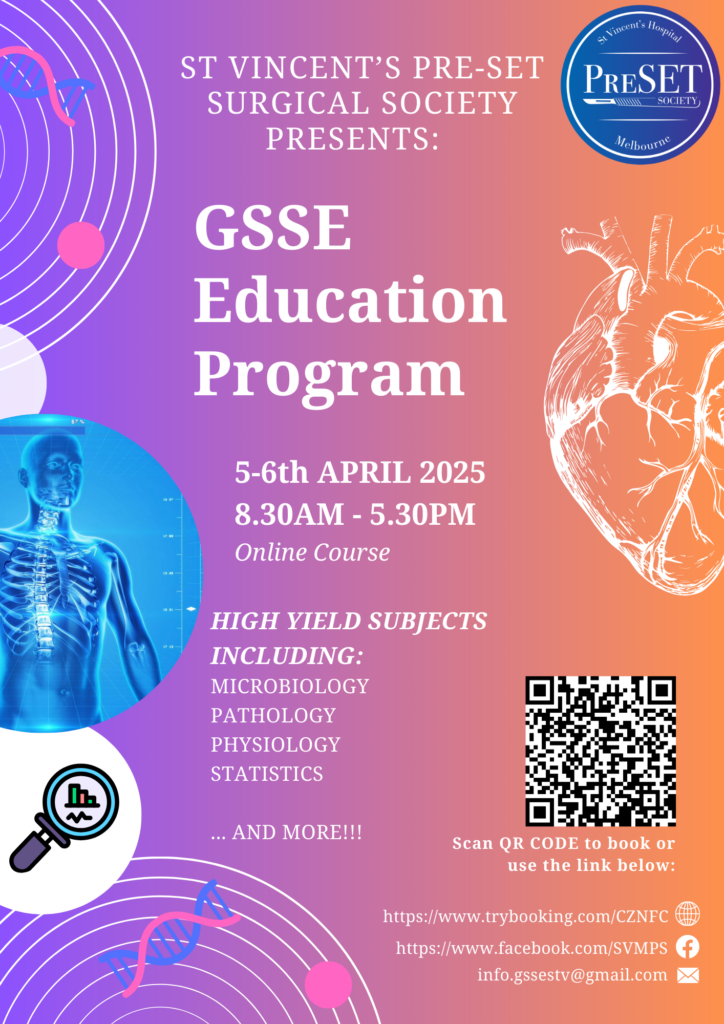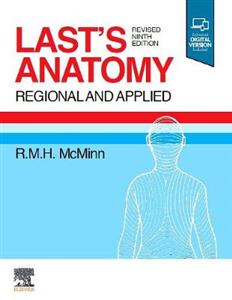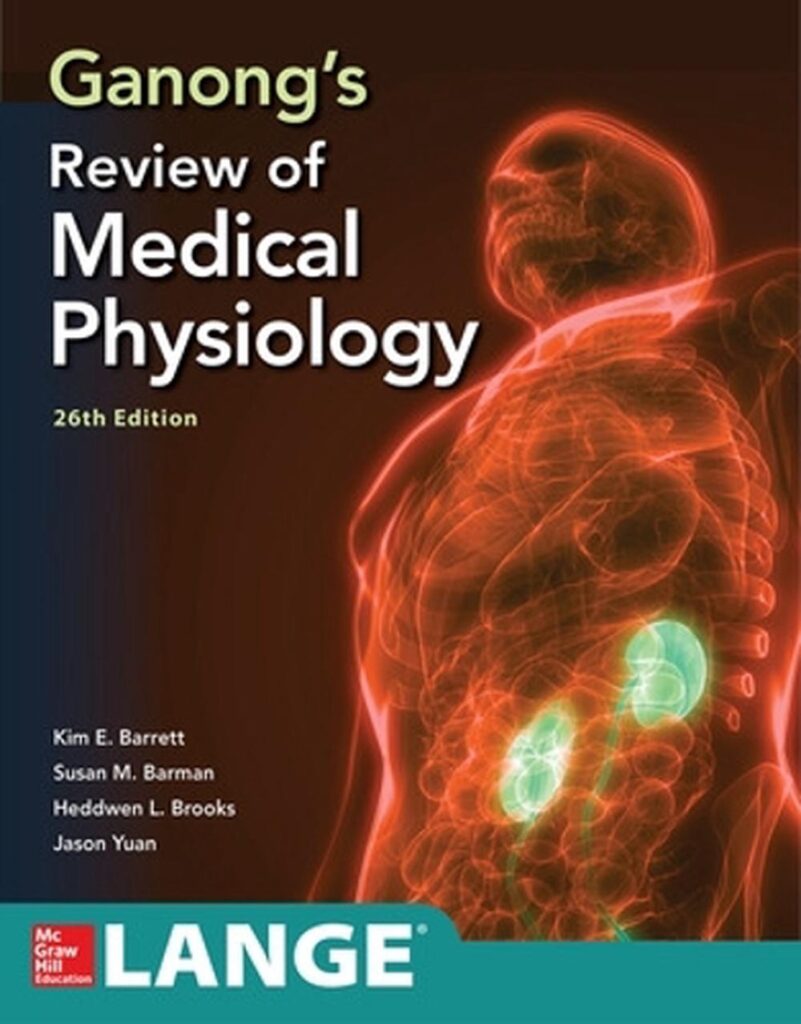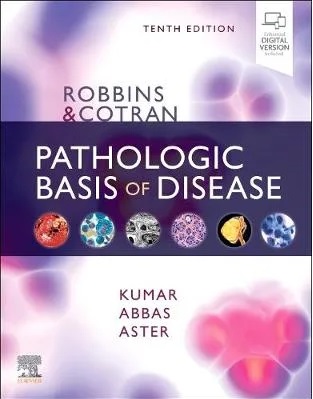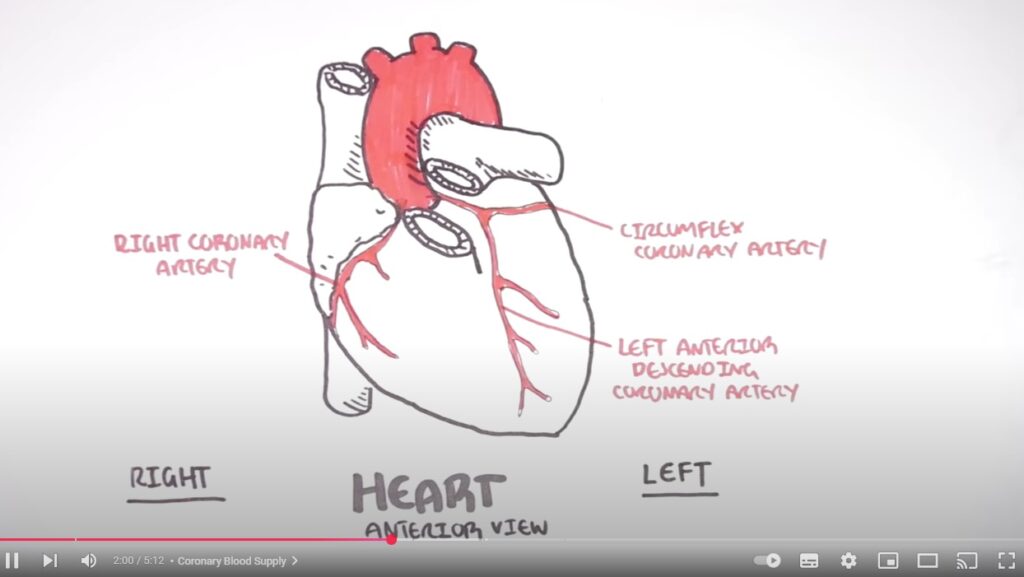Introduction to the GSSE Exam
The RACS Generic Surgical Sciences Examination (GSSE) is a comprehensive assessment designed for surgical trainees. This critical examination evaluates foundational knowledge across three core components: Anatomy, Physiology, and Pathology. Success in the GSSE requires thorough preparation across all three areas, as candidates must achieve a minimum pass standard in each component to pass the entire examination.
This comprehensive guide breaks down the GSSE syllabus to help you focus your study efforts efficiently.
GSSE Exam Structure
The GSSE is comprised of two 150 minute (2.5 hour) online examinations held over two consecutive days
The GSSE consists of three main components:
- Exam 1 (150mins)
- Anatomy MCQs – 60 questions (all Type X)
- Anatomy Spots – 20 questions
- Exam 2 (150 mins)
- Physiology Component: 60 questions (12 Type A, 48 Type X)
- Pathology Component: 65 questions (20 Type A, 45 Type X)
It’s crucial to understand that failing any single component results in failing the entire examination, regardless of performance in other areas.
Core Anatomy Syllabus
The anatomy component of the GSSE focuses on surgical anatomy relevant to clinical practice. We’ve listed the high yield topics below with the number of MCQs in brackets.
1. General Anatomy (4 for histology and development)
- Anatomical terms and positions
- Body systems and organ structure
- Body regions and organ position
- Normal anatomical variation
- Imaging techniques
2. Thorax (9 questions)
Key structures include ribs, sternum, diaphragm, thoracic arteries and veins, heart chambers, lungs, and breast anatomy.
3. Abdomen (9 questions)
Covering the abdominal wall, peritoneal cavities, gastrointestinal organs, solid organs (liver, spleen, pancreas), and abdominal vasculature.
4. Pelvis (7 questions)
Including pelvic bones, floor muscles, viscera, and neurovascular structures.
5. Upper Limb (9 questions)
Comprehensive coverage of bones, joints, muscles, nerves, and vessels of the shoulder, arm, forearm, and hand.
6. Lower Limb (9 questions)
Detailed study of hip, knee, ankle joints, compartments, and neurovascular structures.
7. Back & Spine
Vertebral anatomy, ligaments, and spinal cord structures.
8. Neck (10 questions for head and neck)
Covering fascial layers, muscles, larynx, thyroid, and major neurovascular structures.
9. Head (10 questions for head and neck)
Including cranial bones, cranial nerves, orbital structures, and special sense organs.
10. Central Nervous System (3 questions)
Brain regions, ventricular system, meninges, and major pathways.

Physiology Syllabus
The physiology component comprises 60 questions focusing on normal physiology and pathophysiological states relevant to surgical practice.
1. Cardiovascular System (10 questions)
- Electrical activity of the heart
- Cardiac function as a pump
- Circulatory hemodynamics
- Perioperative fluid management
2. Endocrine System (5 questions)
- Endocrine regulation principles
- Hormone function and feedback mechanisms
- Pathophysiological conditions
- Management principles
3. Gastrointestinal System (10 questions)
- GI motility and regulation
- Digestive processes
- Secretory functions
- Liver physiology
- Surgical considerations
4. Metabolism & Nutrition (5 questions)
- Energy metabolism
- Nutritional principles
- Metabolic response to injury
5. Neurophysiology (5 questions)
- Neural conduction
- Autonomic nervous system
- Cerebral blood flow
- Special senses
6. Physiology of Blood (5 questions)
- Hemopoiesis
- Hemostasis
- Fluid replacement principles
- Transfusion medicine
7. Respiratory System (10 questions)
- Ventilation mechanics
- Gas exchange
- Respiratory regulation
- Pathophysiological conditions
8. Urinary Tract (10 questions)
- Fluid homeostasis
- Renal function
- Electrolyte balance
- Acid-base regulation
- Renal impairment management

Pathology Syllabus
The pathology component features 65 questions covering general pathological mechanisms and their applications to surgical practice.
1. Genetics and Molecular Biology
- DNA/RNA structure
- Mendelian genetics
- Cytogenetics
2. General Pathological Phenomena (22 Questions for General Pathology and Tissue response to injury)
- Cell injury, adaptation, and death
- Tissue response to injury
- Morphological manifestations
- Pathophysiology of major organ failure
3. Immunology (6 Questions)
- Basic immune mechanisms
- Abnormal immunological responses
- Transplantation immunology
- Diagnostic principles
4. Microbiology (4 Questions)
- Microbial flora and disease
- Surgical infections
- Antimicrobial agents
- Sterilization principles
5. Neoplasia (12 Questions)
- Cancer biology
- Invasion and metastasis mechanisms
- Pathological features
- Therapeutic principles
6. Pharmacology and Therapeutics (4 Questions)
- Major drug groups relevant to surgery
- Pharmacodynamics and pharmacokinetics
- Drug interactions
- Special cases (pediatric, geriatric, pregnancy)
7. Haematology and Transfusion (2 Questions)
- Hematopoietic disorders
- Bleeding disorders
- Blood component therapy
8. Statistics (4 Questions)
- Statistical analysis principles
- Clinical decision making
- Clinical trial design

Study Strategies for GSSE Success
1. Structured Approach
Work back from your exam date to create a study schedule that allocates time proportionally to each component based on question distribution.
2. Focus on High-Yield Topics
Prioritize essential anatomy topics and areas with higher question counts in physiology and pathology.
3. Integrate Systems
Study related topics across disciplines (e.g., cardiovascular anatomy, physiology, and pathology together).
4. Practice Questions
Practice regularly, early and often. Read here on the benefits of GSSE question banks
5. Visual Learning
Use anatomical models, diagrams, and imaging to reinforce spatial relationships. Find online and video resources for the GSSE.
Recommended Resources
- Anatomy: Last’s Anatomy: Regional and Applied
- Physiology: Guyton and Hall Textbook of Medical Physiology
- Pathology: Robbins Basic Pathology
- Practice Questions: We built GetThru for examinees to maximise the efficiency of their study time with a trusted exam platform. Find over 2,000 new MCQs, 500 anatomy spots and over 1500 past questions on an easy to use, mobile friendly interface. Start for free!

Conclusion
The breadth of the GSSE syllabus presents a significant challenge requiring thorough preparation across anatomy, physiology, and pathology. By understanding the syllabus structure and focusing on high-yield topics, candidates can optimize their study approach. Remember that success requires achieving the minimum standard in all three components, so a balanced preparation strategy is essential.
Start your preparation early, maintain consistency in your study schedule, and integrate clinical relevance to strengthen your understanding of core concepts. With thorough preparation according to this syllabus breakdown, you’ll be well-positioned for success in the GSSE.
FAQs About the GSSE Syllabus
1. How many questions are in the GSSE exam? The GSSE consists of 80 anatomy questions plus 60 physiology questions and 65 pathology questions, over 2 exams.
2. Do I need to pass all components of the GSSE? Yes, candidates must achieve the minimum pass standard in each component (Anatomy, Physiology, and Pathology) to pass the overall examination.
3. Does Get-Thru follow the the GSSE Syllabus? Get-Thru closely aligns with the GSSE syllabus by providing comprehensive coverage of Anatomy, Physiology, and Pathology with many high-yield questions each with focused explanations, written by surgeons, for surgeons. And the anatomy spots are marked for you!
4. How should I prioritize my GSSE study? Focus on essential anatomy topics and areas with higher question counts in physiology and pathology.
5. What tips do you have for the GSSE day? rrive at least 30 minutes early for registration, bring required identification, familiarize yourself with the testing center, review exam protocols and permitted items, and ensure you’re well-rested.



